If you are struggling with a family member or loved one with a substance abuse disorder, you can find help through addiction support groups for families. Several support groups throughout the United States offer services for family members.
Participating in these groups for families of addicts can help you validate how you feel and what you have struggled with throughout the addiction, figure out ways to get therapy yourself, or set healthy boundaries with your loved ones.
Liberty House Recovery is a drug treatment center in Michigan, offering alcohol addiction treatment. Contact us today to learn more.
What is an Addiction Support Group?
Addiction support groups are group meetings where people in similar circumstances come together to provide support, share stories, and learn from one another. People currently addressing addiction through drug and alcohol rehab may participate in addiction support groups as part of their outpatient treatment.
How Are Families Impacted by Addiction?
Substance abuse disorder impacts the entire family. It can negatively affect emotional and behavioral patterns, cause impairments in the development of children, and put strain and a high risk of mental health disorders on any adults in the family as well.
Families often struggle with a home environment full of:
- Fear
- Secrecy
- Loss
- Conflict
- Emotional chaos
- Role reversal
- Violence
Children with Addicted Parents
Studies indicate that children in families with one adult struggling with addiction are more likely to struggle emotionally and behaviorally and have problems with addiction themselves. When children struggle with parents who are addicted to drugs and alcohol, the younger they are, the more distressing this impact can be long-term. Infants and children under the age of five will struggle to develop the intimate relationships they need with their parents, especially when that parent is the primary caregiver and regularly absent from those duties.
Children might struggle with proper communication and healthy boundaries within family ties as they grow up. If only one parent is addicted and the other isn’t, younger children and teenagers might try to hide the signs of addiction from the sober parent or struggle with role reversal, where they end up being the people taking care of their parents.
All of this can have an impact on the following:
- Social skills
- Communication
- Family relationships
- Mental health
- School performance
- Intimate relationships
Parents with Addicted Teens
Parents can struggle without proper family support groups when they discover their children are abusing drugs and alcohol. Some parents might see substance abuse as a moral failing and incorrectly believe that their adolescent child should apply willpower to overcome the addiction. These incorrect beliefs can disrupt healthy communication and support within the family unit, exacerbating the addiction and both parties’ mental health.
For this reason, family addiction support groups are very important because they can help parents learn more about substance abuse, its development and progression, and how to treat it properly. With the right education and treatment, family members like parents can learn to recognize and accept the efforts made to overcome addiction in their teenagers.
Parents with Addicted Adult Children
The impact of addiction on families can look different when children grow up and become adults themselves. There can be situations where adult sons decide to try and get sober, but retired fathers don’t like the idea of losing their drinking buddy, so they put pressure on that same son to continue using or drinking to avoid disappointing the father.
Support groups can help family members and adult children learn how to set limits, suggest sober alternative activities, reinforce an identity as someone not drinking, and potentially provide information on addiction recovery programs for other members of the family.
Spouses with Addicted Spouses
When spouses struggle with addiction, one spouse might be pressured by the other to abuse drugs and alcohol. The addiction can significantly strain communication, intimacy, finances, and parental roles.
Are There Support Groups for Families?
What about family support groups? Are there groups for families of addicts?
You can find addiction support groups for families that function similarly but are designed to help with the issues a family member might face when their loved one struggles with addiction.
- Groups for families of addicts can be facilitated by licensed addiction counselors, psychotherapists, or social workers.
- Family support groups typically take place in a local community where peers can discuss their emotional responses, validate their feelings, share things they have dealt with, and start to process the emotional trauma they have sustained because of addiction.
Addiction support groups for families are a vital resource. Family members can regularly experience things like anger, grief, shame, guilt, and anxiety when their loved ones struggle with addiction.
How to Find Family Support Groups in Michigan
Liberty House is a great resource if you are ready to find family support groups in Michigan. Liberty House Recovery can provide confidential information on family support groups and offer aftercare planning for those in recovery. Our team wants to ensure all family members get the help they need. If your loved one is currently in recovery, it’s important that you utilize any available addiction support groups for families too.
Liberty House is the best luxury drug and alcohol treatment center in Michigan. Learn more today.
Let us help you find the right program today.


